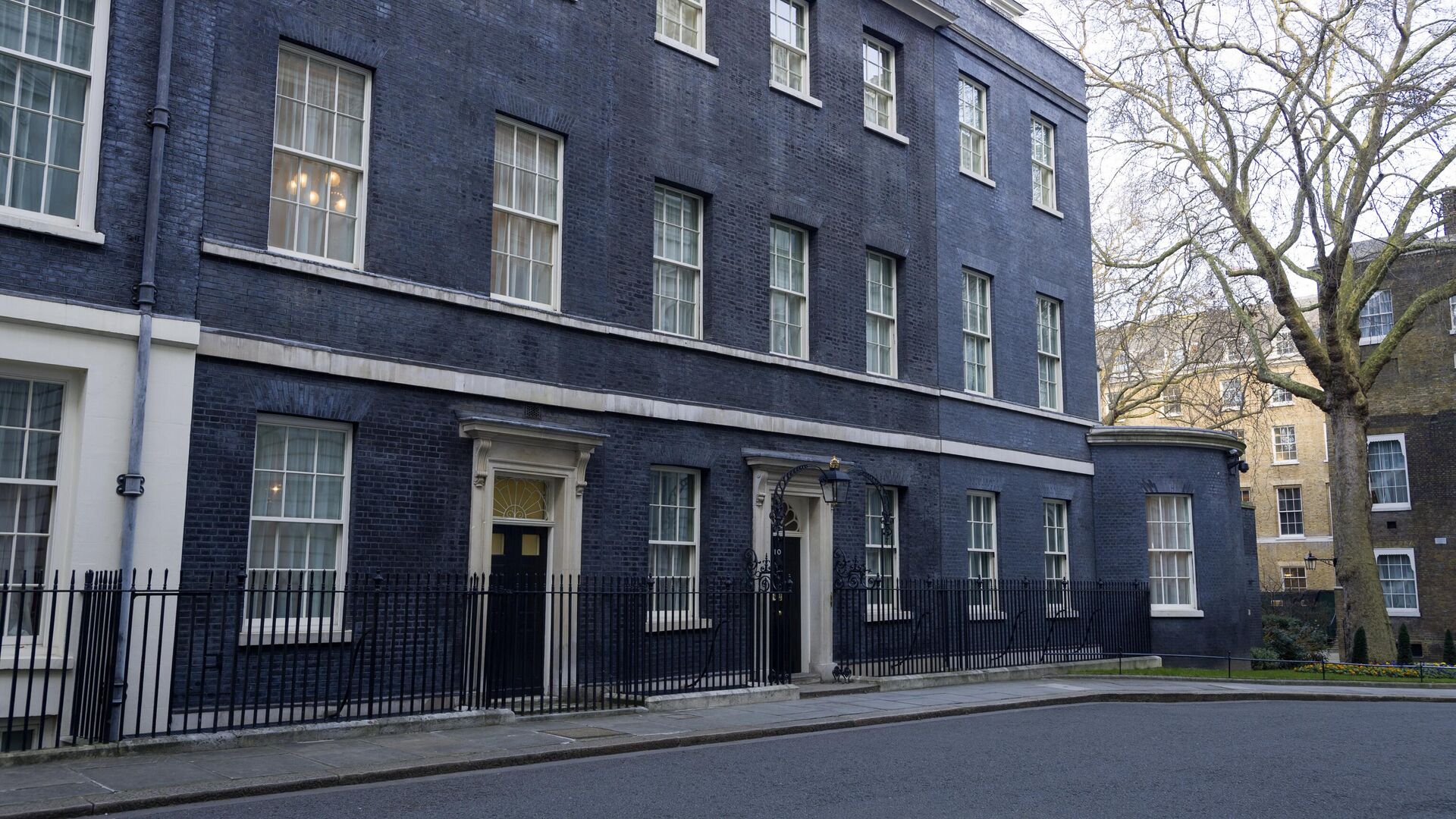https://sputnikglobe.com/20231118/uk-government-keeping-dossiers-on-critics---reports-1115050653.html
UK Government Keeping Dossiers on Critics - Reports
UK Government Keeping Dossiers on Critics - Reports
Sputnik International
Media reported that 15 departments, including the departments of health, culture, media and sport, and environment, were running checks on experts and occasionally disinviting them from government-funded events.
2023-11-18T22:51+0000
2023-11-18T22:51+0000
2023-11-18T22:51+0000
world
united kingdom (uk)
uk government
blacklisting
https://cdn1.img.sputnikglobe.com/img/07e7/05/1b/1110641258_0:160:3072:1888_1920x0_80_0_0_66d84b5b0897f639270ed553d19c99d3.jpg
The Observer revealed on Saturday that 15 departments, including the departments of health, culture, media and sport, and environment, food and rural affairs, were running checks on experts and occasionally disinviting them from government-funded events. Guidelines, seen by the paper, told officials to monitor social media of potential invitees as well as look through a minimum of five to 10 pages of Google search results on them covering a period of three to five years, and keep that information "for future reference." The Observer broke the story about the Department for Education vetting its speakers in October but the true scale of the profiling was uncovered only recently by human rights experts at law firm Leigh Day. Tessa Gregory, partner at Leigh Day, argued that such hidden checks were unlawful and running contrary to data protection laws. "This is likely to have impacted large numbers of individuals, many of whom won’t know civil servants hold secret files on them. Such practices are extremely dangerous," she told the Observer. Dan Kaszeta, a chemical weapons expert, hired Leigh Day to take the government to judicial review after learning that he was disinvited from a UK defense conference in April for writing critical posts online. He said he knew other victims of government blacklisting, most of whom were frightened of speaking out.
united kingdom (uk)
Sputnik International
feedback@sputniknews.com
+74956456601
MIA „Rossiya Segodnya“
2023
Sputnik International
feedback@sputniknews.com
+74956456601
MIA „Rossiya Segodnya“
News
en_EN
Sputnik International
feedback@sputniknews.com
+74956456601
MIA „Rossiya Segodnya“
Sputnik International
feedback@sputniknews.com
+74956456601
MIA „Rossiya Segodnya“
uk, uk government, blacklisting, government corruption, report
uk, uk government, blacklisting, government corruption, report
UK Government Keeping Dossiers on Critics - Reports
MOSCOW (Sputnik) - A dozen departments in the United Kingdom have been profiling government critics in order to block them from speaking at public events, UK media have found.
The Observer revealed on Saturday that 15 departments, including the departments of health, culture, media and sport, and environment, food and rural affairs, were running checks on experts and occasionally disinviting them from government-funded events.
Guidelines, seen by the paper, told officials to monitor social media of potential invitees as well as look through a minimum of five to 10 pages of Google search results on them covering a period of three to five years, and keep that information "for future reference."
The Observer broke the story about the Department for Education vetting its speakers in October but the true scale of the profiling was uncovered only recently by human rights experts at law firm Leigh Day.
Tessa Gregory, partner at Leigh Day, argued that such hidden checks were unlawful and running contrary to data protection laws.
"This is likely to have impacted large numbers of individuals, many of whom won’t know civil servants hold secret files on them. Such practices are extremely dangerous," she told the Observer.
Dan Kaszeta, a chemical weapons expert, hired Leigh Day to take the government to judicial review after learning that he was disinvited from a UK defense conference in April for writing critical posts online. He said he knew other victims of government blacklisting, most of whom were frightened of speaking out.


